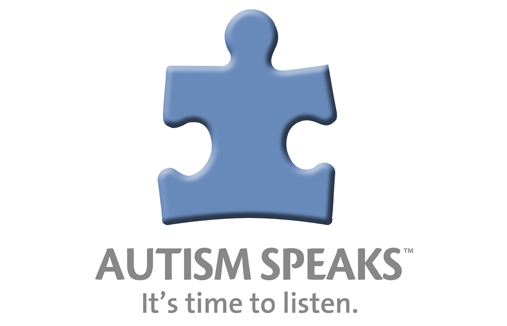Autism Speaks for whom?
By Katie Johnson
Walking through UD’s Trabant student center early this month, I saw a few student protestors standing next to an information table staffed by a campus chapter of Autism Speaks. The protestors’ signs read, “Autism Speaks doesn’t speak for me” and “Before you donate consider the facts.” I got excited at the sight of a little political activism in relation to disability issues on our campus, and eagerly wanted to join in.
With the protestors.
Many people wanting to help individuals with autism support Autism Speaks, making it the largest autism advocacy organization in the country. But while it is credited with increasing service coverage under Medicaid for speech-language pathology and occupational therapy, Autism Speaks is significantly flawed.
Autism Speaks does not meaningfully include the voices of people with autism in its decisions, as only two individuals among its 31-member board of directors have autism.
Until the fall of 2016, Autism Speaks’ mission statement focused on finding a “cure” for autism. Despite changing that language, 35 percent of Autism Speaks’ budget still goes towards research on causation and “prevention.”
Less than 4 percent of Autism Speaks’ budget goes toward family services, with many of these services still focused on cures.
And while Autism Speaks does promote awareness (It’s important, of course, to understand the increasing prevalence rates of autism and the need for improved training, services and supports.), advocacy organizations need to move beyond awareness towards acceptance and appreciation. Autism is not a tragedy or a misfortune, and the barriers individuals with autism face come principally from cultural attitudes that stigmatize disability. Awareness without education can actually be incredibly harmful and detrimental to the community.
Fortunately, there are other options. The Autistic Self Advocacy Network (ASAN) is run by and for autistic people. Forty-three percent of ASAN’s budget advocates for disability rights, focusing on acceptance and appreciation for autism as an aspect of diversity. Thirty-five percent of ASAN’s budget goes towards “Leadership Programs,” empowering autistic individuals who are often overlooked or marginalized. In contrast to research that focuses on genetic and other causation-oriented studies with potential eugenic consequences, ASAN advocates for research related to communication and assistive technology, best practices in providing supports, and educational methodologies. Its focus is on inclusion and acceptance of all, breaking down barriers and ensuring full access in the community.
Autism Speaks isn’t the sole problem. It’s just the largest player among many working to cure, prevent and eliminate autism. Unfortunately, there are hundreds of organizations that focus on changing individuals with autism to force them to become more neurotypical in order to fit in at school or in the community, rather than shifting the community to be open to the incredible perspectives and wonderful attributes individuals with autism bring to their communities because of their autism.
If you’re a person with autism, consider joining or creating an ASAN chapter in your area (a chapter does not exist in Delaware). You can also spread the word about ASAN’s work and mission through responsible social media, through advocacy work on state Developmental Disability Councils or in meetings with elected representatives.
If you’re a person who is not autistic or a parent or loved one of someone with autism, you can do incredible things to stand with the autistic community. Educate yourself further on the issues, listen to individuals with autism, join an ASAN chapter in your area (however you cannot serve on the chapter’s board), distribute ASAN resources, volunteer with ASAN, and speak with legislators.
There are plenty of ways to become involved as an ally to the autistic community, but supporting Autism Speaks and other organizations that are ignoring the voices of people with disabilities is not one of them.
Categories: autism, civil rights, inclusion, people with disabilities, public policy


